About the Institute
1. About the Institute
During V-five year plan an ad-hoc project under AP Cess fund scheme was started by Indian Council of Agricultural Research in 1976 at 10 centres for conducting research on some selected fruits in semi-arid areas of India. During VI plan, this ad-hoc scheme was merged as such and named as Cell III of All India Coordinated Fruit Improvement Project (AICFIP). During VII plan, AICFIP was restructured to form an independent project entitled All India Coordinated Research Project on Arid Zone Fruits (AICRP on AZF) with its headquarters at HAU, Hisar. The work programme of this project was thus confined to multilocation testing of technologies of some selected fruits being generated by rather inadequate manpower and infrastructure inputs either in ICAR Institutes or in State Agricultural Universities. Therefore, realizing the potential of horticultural crops in arid zone and need to achieve nutritional and income security for the people, the ICAR had established National Research Centre for Arid Horticulture (NRCAH) during VII plan after approval of Indian Planning Commission, as recommended by the Working Group on Agricultural Research and Education. The Project Coordinator (Arid Zone Fruits) was assigned additional responsibility of Officer on Special Duty to monitor the progress of NRCAH in November 1990.The land for its establishment was acquired in November, 1992 at a site close to premises of Rajasthan Agricultural University, Bikaner. In April, 1993 the Project Coordinator along with the establishment of AICRP on AZF was shifted from HAU, Hisar to Bikaner, which actually started functioning at Beechwal, Bikaner from September, 1994. After visualizing the progress made by NRCAH in short span of time and future needs of the arid region, on 27th September, 2000, the NRCAH was elevated to full fledged Institute as Central Institute for Arid Horticulture, Bikaner (CIAH) and Central Horticultural Experiment Station (CHES), Godhra, Gujarat (Earlier under IIHR, Bangalore) was merged as its Regional Centre on October 1st, 2000. Two division i.e. Division of Crop Production and Division of Crop Improvement has been created during month of August 2013.
2. Mandate
1. Basic, strategic and applied research to enhance sustainable productivity, quality and utilization of horticultural crops of arid and semi-arid regions.
2. Repository of genetic resources and scientific information on horticultural crops of arid and semi arid region.
3. Transfer of technology, capacity building and impact assessment of technologies.
4. Coordinate research and validation of technologies on fruit crops of arid and semi-arid regions.
3. Location
The headquarter of ICAR-Central Institute for Arid Horticulture (CIAH) is located on National Highway No. 15 (Bikaner-Sri Ganganagar Road) 10 km away from the Bikaner city, which lies at 280 N latitude, 730 180E longitude and at altitude of 234.84 m above sea level. The recurrent drought and extreme aridity are common phenomena. The average rainfall is about 230 mm/ annum. May-June hottest (mean maximum temperature 42-90C and mean minimum temperature 29.6 0C) and December-January (mean maximum temperature 23.7 0C and mean minimum temperature 8.9 0C) are coldest months of the year. Occasional frost is also experienced during January and February. The soil of the area is sandy, desertic, poor in fertility and water holding capacity.
 ICAR-Central Institute for Arid Horticulture
ICAR-Central Institute for Arid Horticulture

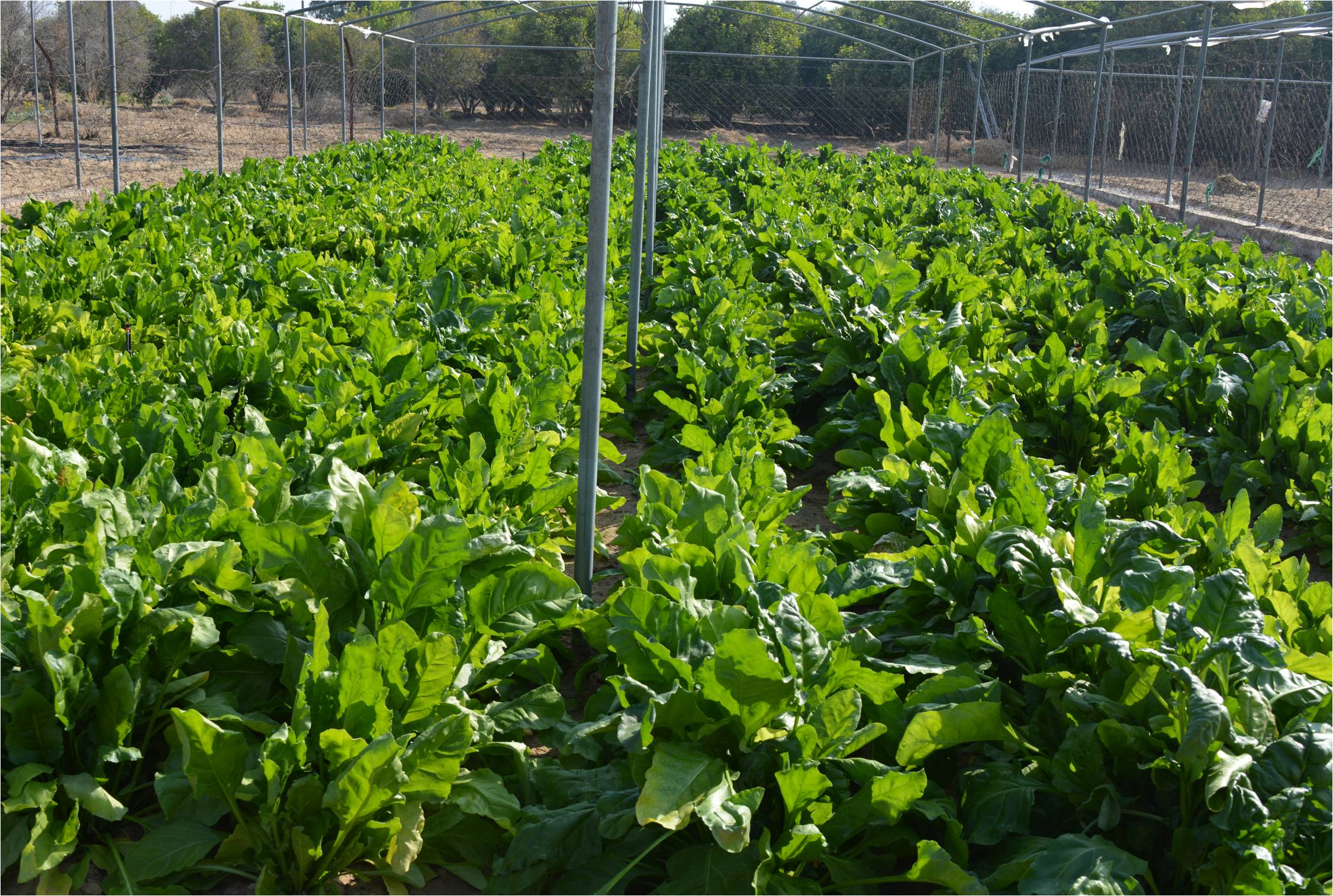
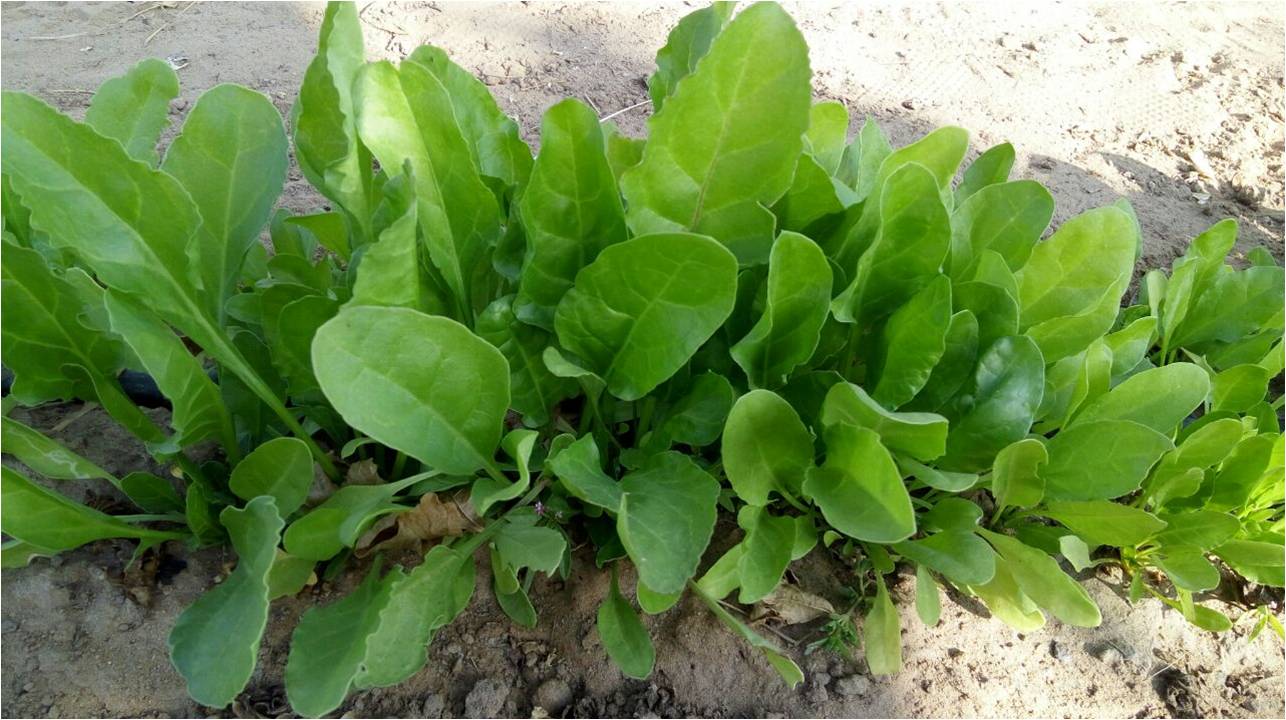
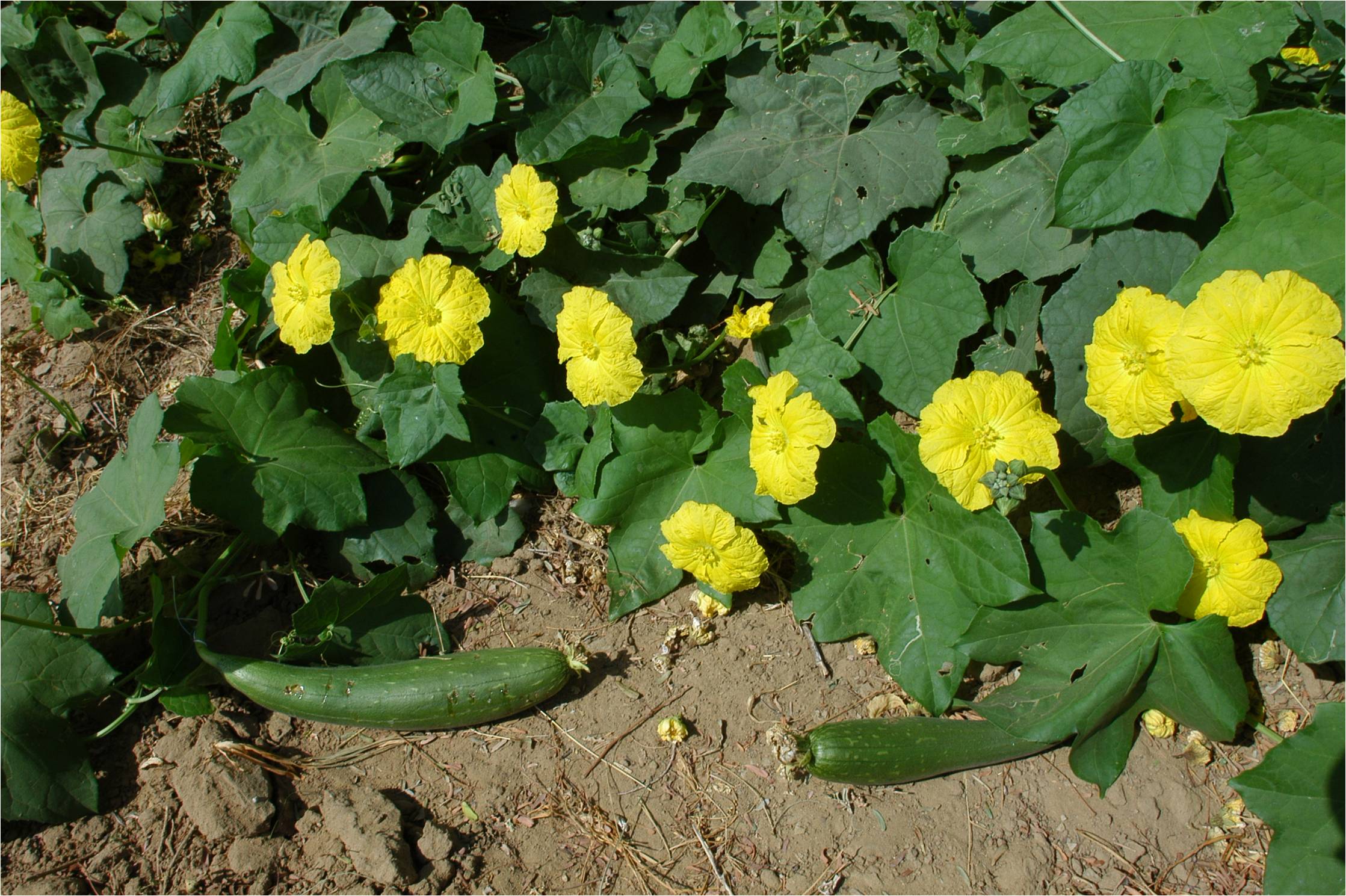
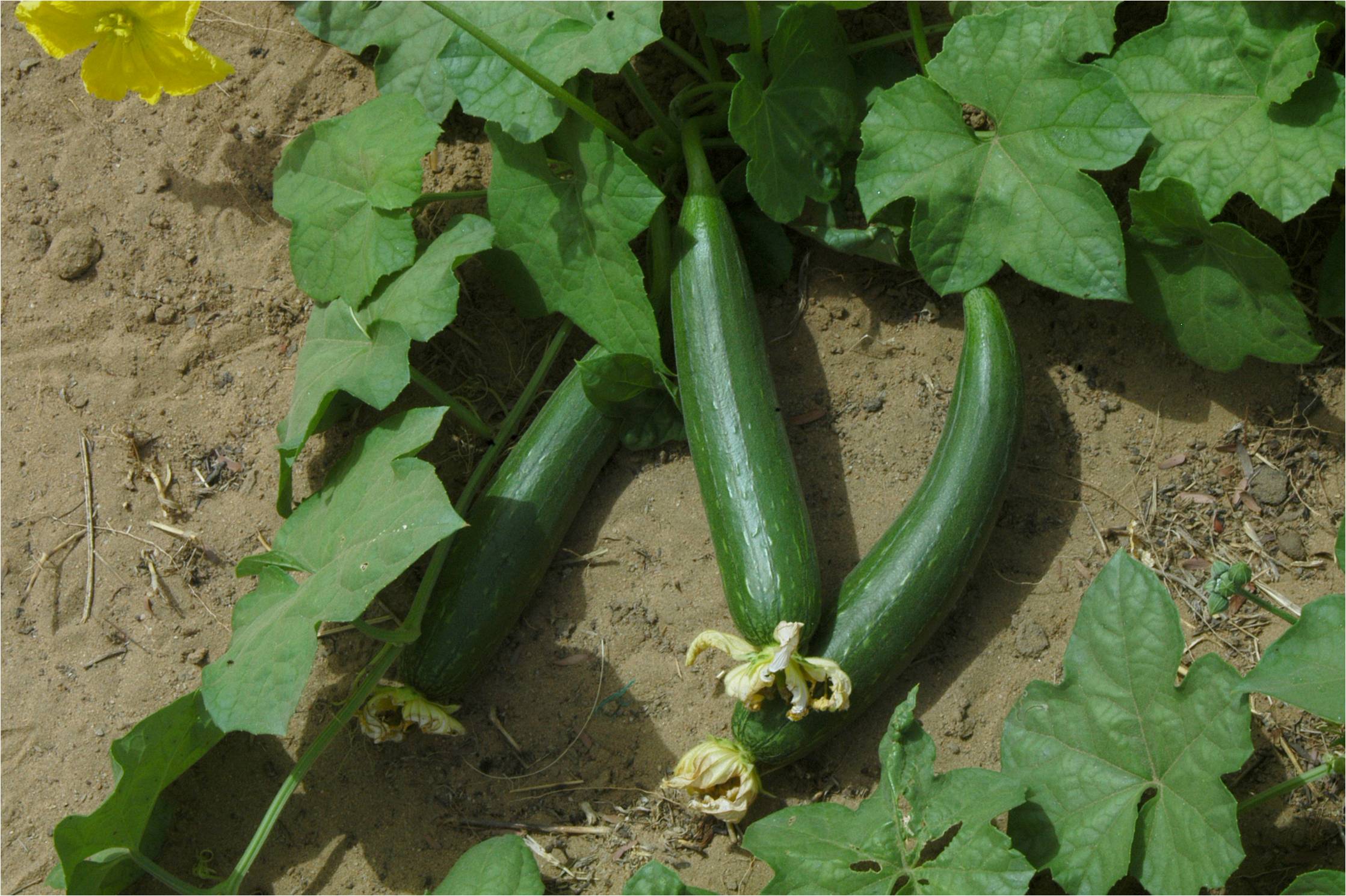
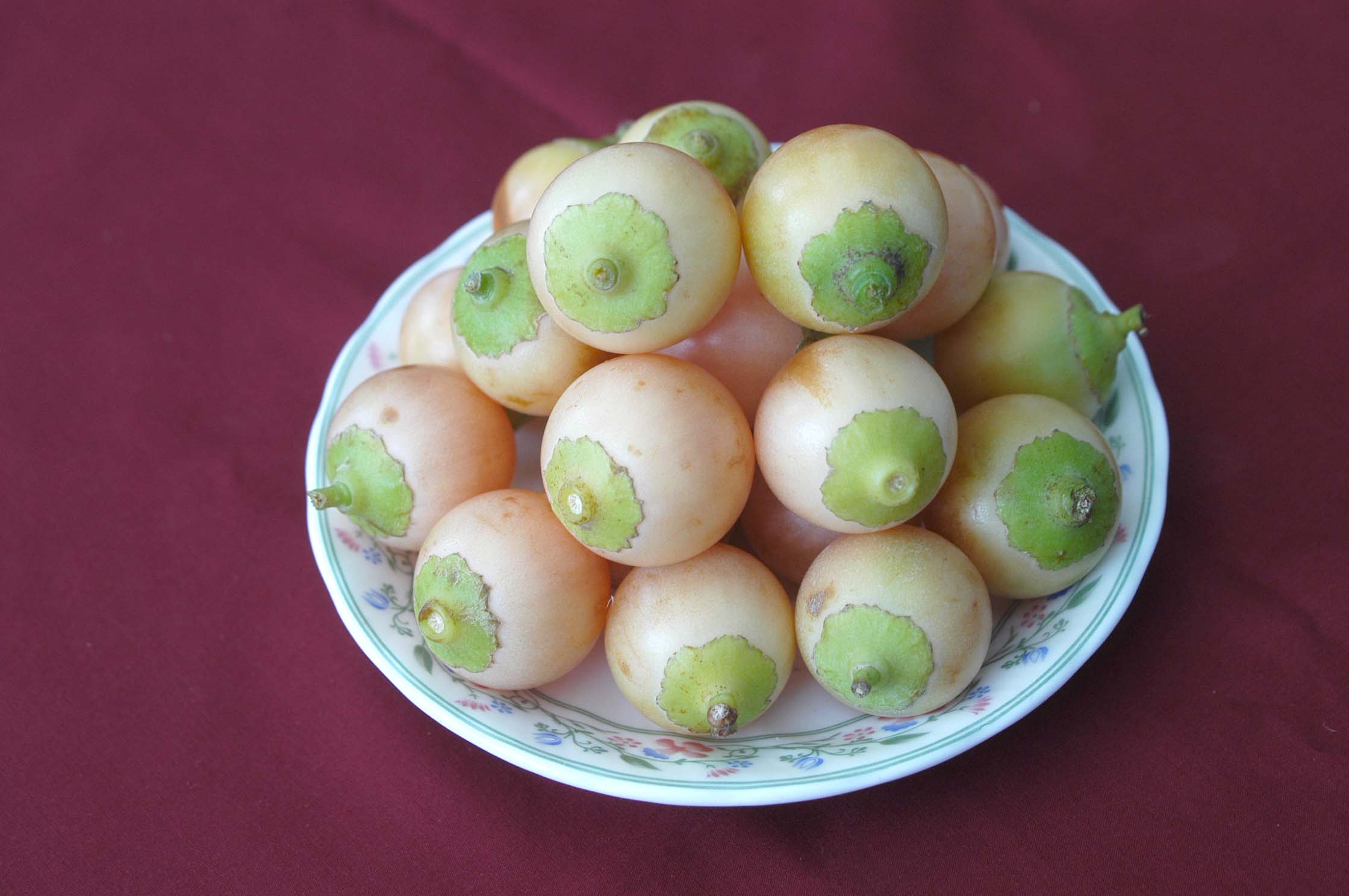

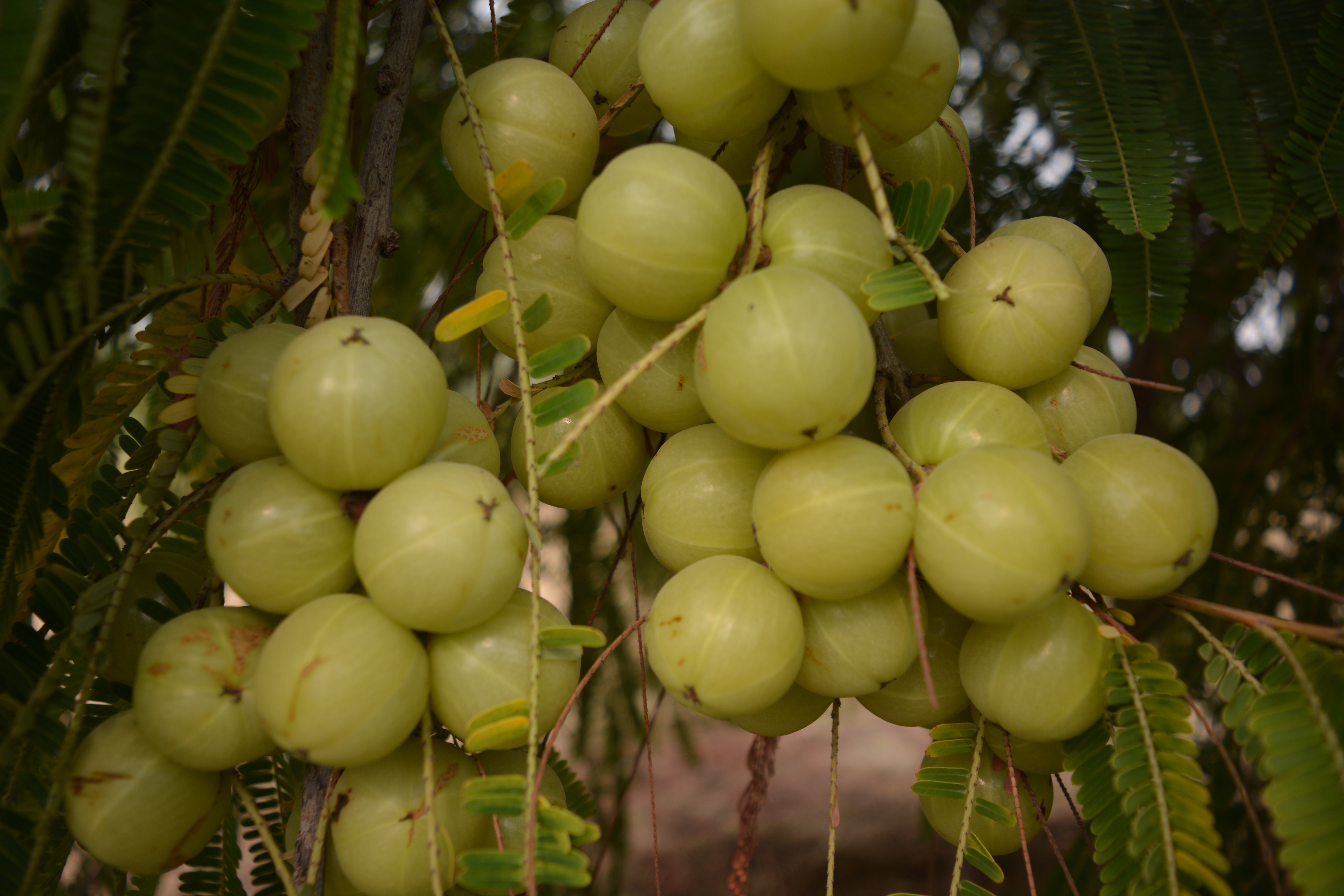




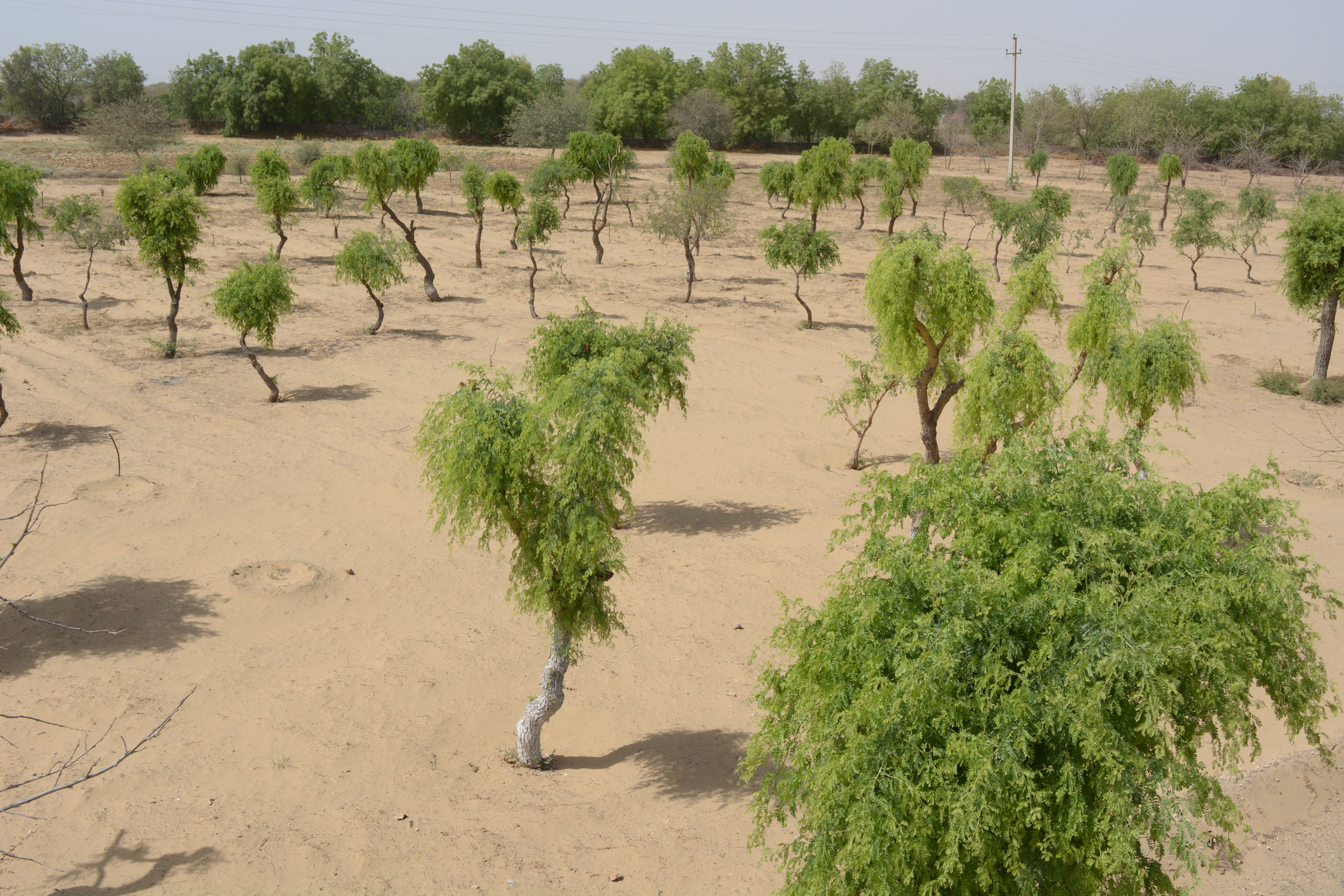




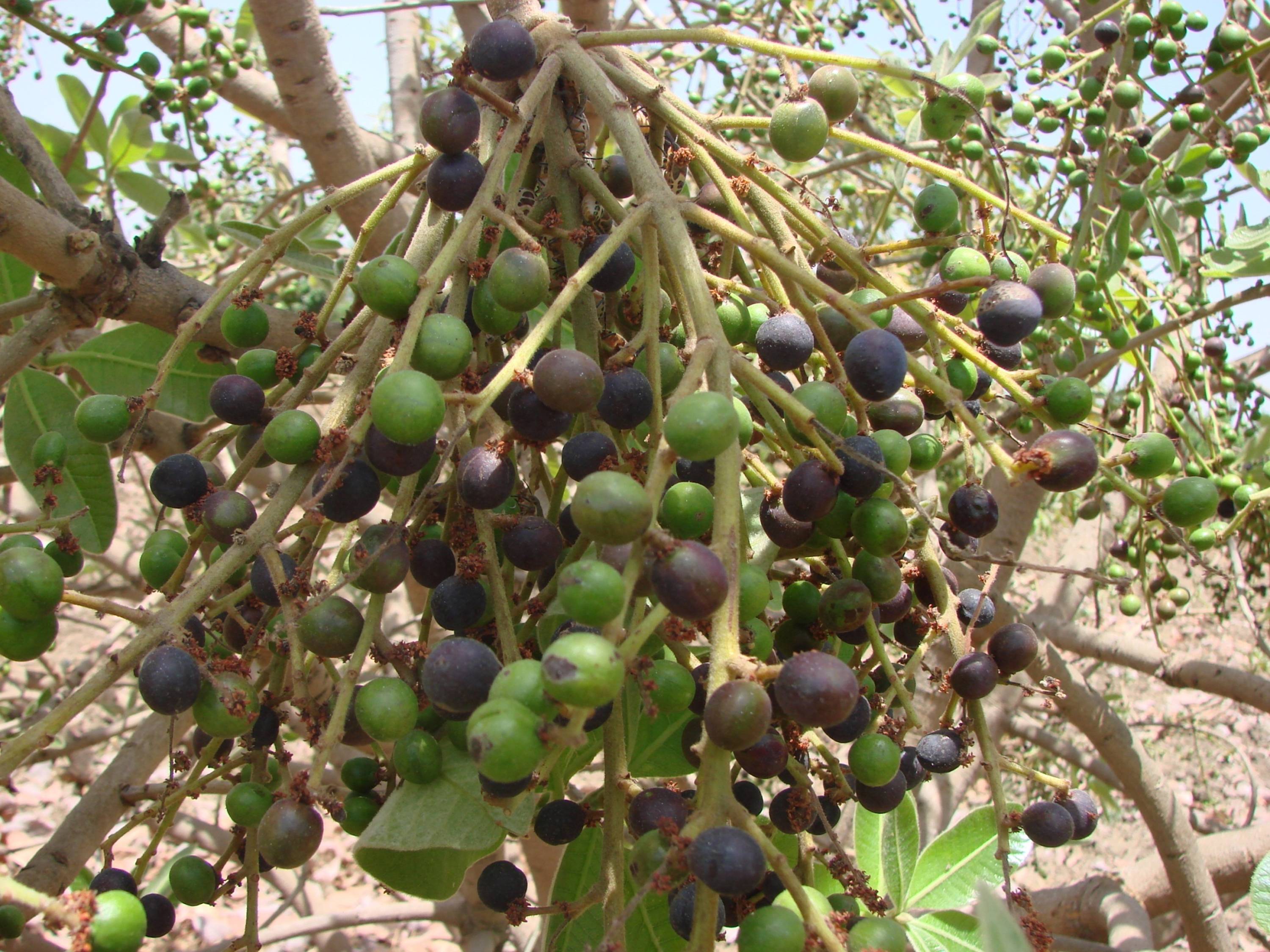

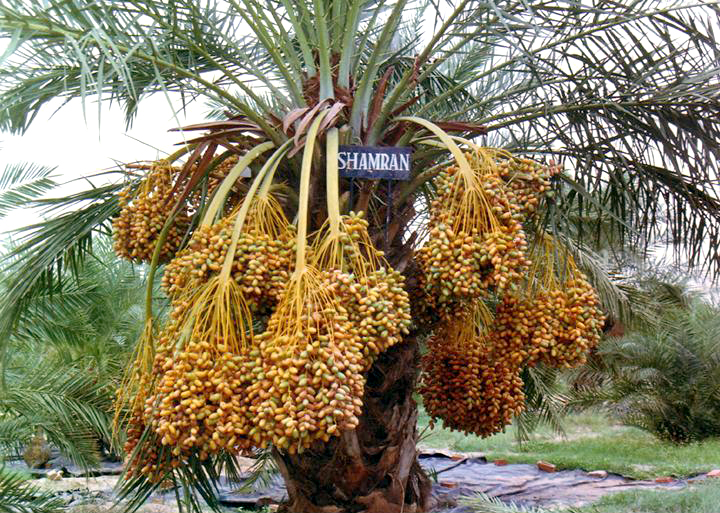


 ICAR-Central Institute for Arid Horticulture
ICAR-Central Institute for Arid Horticulture





















